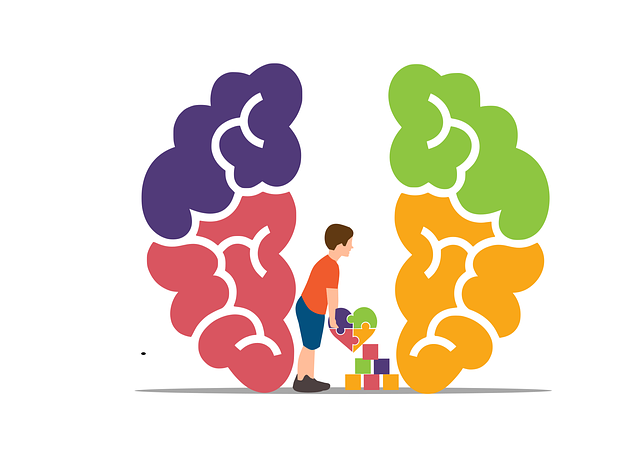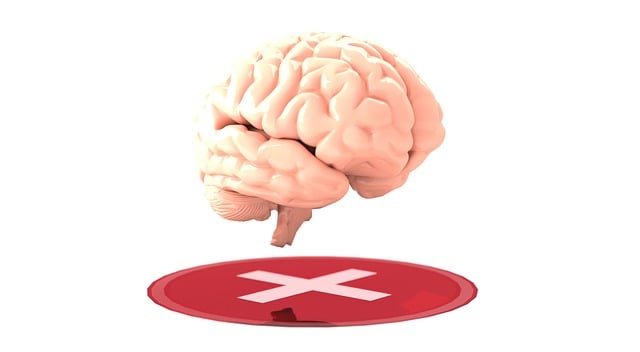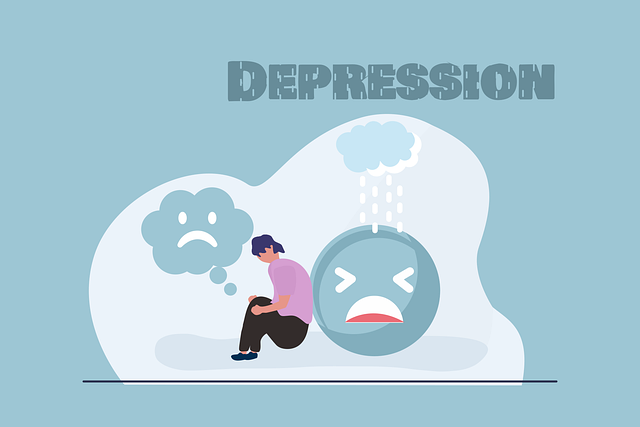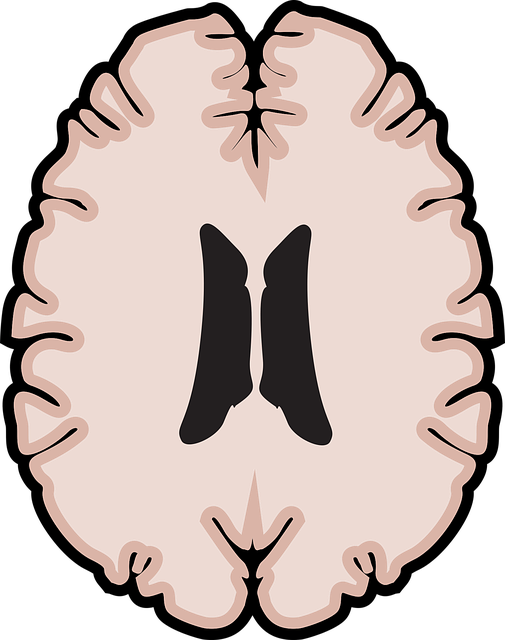Wheat Ridge Online Therapy leverages data analysis to revolutionize mental healthcare. By collecting and analyzing data from online therapy sessions, surveys, and journal entries, therapists gain insights into clients' emotional well-being. This approach allows for tailored treatment plans, effective stress reduction methods, and better understanding of mental health trends within diverse patient populations. The data-driven strategy not only improves therapy outcomes but also prevents practitioner burnout while fostering a more informed and supportive community through targeted education and awareness campaigns.
Mental health data analysis is a powerful tool in understanding and improving our well-being. This article explores the intricate process of analyzing and interpreting mental health data, from collection methods through advanced techniques. We delve into how sources like Wheat Ridge Online Therapy leverage data to offer personalized care. By examining trends and patterns, mental health professionals can make informed decisions, ultimately enhancing therapeutic outcomes. Discover the impact of data-driven insights in transforming mental healthcare.
- Understanding Mental Health Data: Collection and Sources
- Data Analysis Techniques for Insights
- Interpreting Results: Identifying Patterns and Trends
- Wheat Ridge Online Therapy: Utilizing Data for Personalized Care
Understanding Mental Health Data: Collection and Sources

Understanding Mental Health Data is a crucial step in providing effective support and treatment. This data encompasses a wide range of information collected from various sources, including online therapy platforms like Wheat Ridge Online Therapy. These platforms offer accessible avenues for individuals to seek help, contributing valuable insights into their emotional well-being. By analyzing the data gathered during online sessions, therapists can gain a deeper understanding of emerging trends and patterns related to mental health.
The collection of data may include client demographics, session frequency, and content of discussions, providing a comprehensive view of users’ inner strength development, emotional regulation, and positive thinking journeys. This information is instrumental in tailoring treatment plans and strategies, ensuring that care aligns with individual needs. Different sources, such as surveys, assessment tools, and client journal entries, collectively contribute to a robust dataset for interpretation and informed decision-making in the field of mental health support.
Data Analysis Techniques for Insights

In the realm of mental health data analysis, various techniques are employed to uncover meaningful insights that can significantly impact patient care and overall well-being. One key approach involves statistical analysis, where sophisticated algorithms and models are utilized to identify patterns and trends within large datasets. This process allows for a deeper understanding of patient populations, enabling mental health professionals in Wheat Ridge Online Therapy to tailor their practices accordingly. By analyzing factors such as demographics, treatment outcomes, and patient responses, therapists can gain valuable knowledge about what interventions work best for specific groups.
Additionally, data visualization plays a crucial role in interpretation, making complex information more accessible. Visual representations like charts and graphs facilitate the identification of correlations and outliers, aiding in risk assessment for mental health professionals. For instance, a comprehensive analysis could reveal that certain demographics face higher burnout risks, prompting the development of targeted self-care routine strategies to mitigate these issues. This data-driven approach not only enhances therapy outcomes but also contributes to preventing burnout among mental health practitioners.
Interpreting Results: Identifying Patterns and Trends

When analyzing mental health data through online therapy platforms like Wheat Ridge Online Therapy, professionals can uncover valuable insights by identifying patterns and trends within the collected information. This process involves meticulous examination of individual patient journeys, focusing on changes over time in symptoms, treatment responses, and overall well-being. By using advanced analytics techniques, therapists and researchers can detect subtle correlations that may otherwise go unnoticed, offering a more nuanced understanding of mental health conditions.
Pattern recognition allows for the implementation of effective Stress Reduction Methods tailored to individual needs. For instance, cultural sensitivity in mental healthcare practice emerges as a key factor when analyzing trends across diverse patient populations. By identifying commonalities and differences in treatment outcomes, professionals can adapt their approaches, ensuring that Mental Health Awareness initiatives are inclusive and impactful. This data-driven perspective not only improves therapeutic outcomes but also contributes to the development of more comprehensive and effective mental health care strategies.
Wheat Ridge Online Therapy: Utilizing Data for Personalized Care

Wheat Ridge Online Therapy stands out for its innovative approach to mental health care by harnessing the power of data analysis. Through advanced techniques, this online therapy platform personalizes treatment plans tailored to each individual’s unique needs. By collecting and interpreting user data, therapists gain valuable insights into emotional regulation patterns, triggers, and progress. This data-driven perspective allows for more precise interventions and significantly enhances the effectiveness of therapy sessions.
Furthermore, Wheat Ridge Online Therapy leverages this data not only for individualized care but also to inform the design of mental health education programs and public awareness campaigns. By understanding trends and common challenges from the collected data, they can create targeted initiatives that contribute to broader mental health literacy and support. Such efforts ultimately foster a more supportive and informed community.
Mental health data analysis is a powerful tool for understanding and improving patient care, especially in the context of Wheat Ridge Online Therapy. By employing various analysis techniques, we can gain valuable insights from collected data, identify trends, and ultimately provide more personalized treatment plans. This approach ensures that each patient receives tailored support, enhancing the overall effectiveness of mental health services offered by Wheat Ridge Online Therapy.














